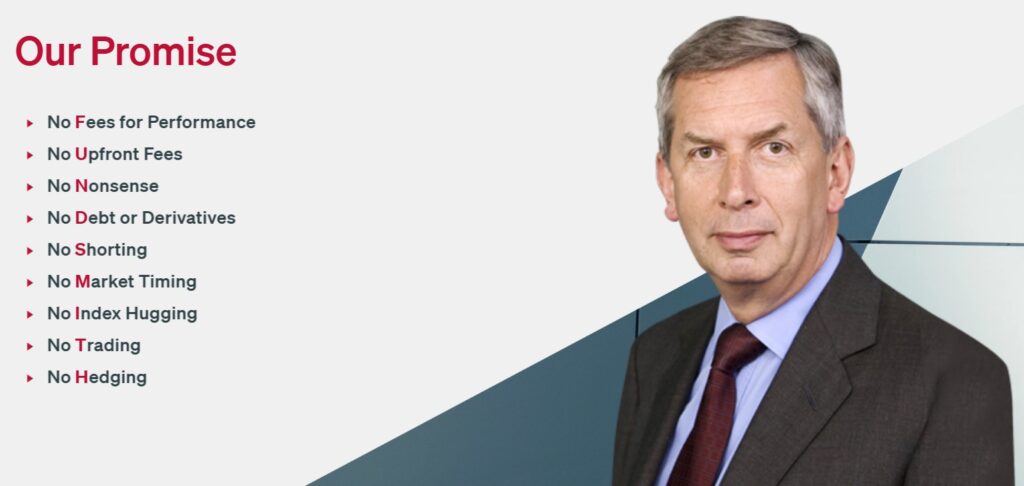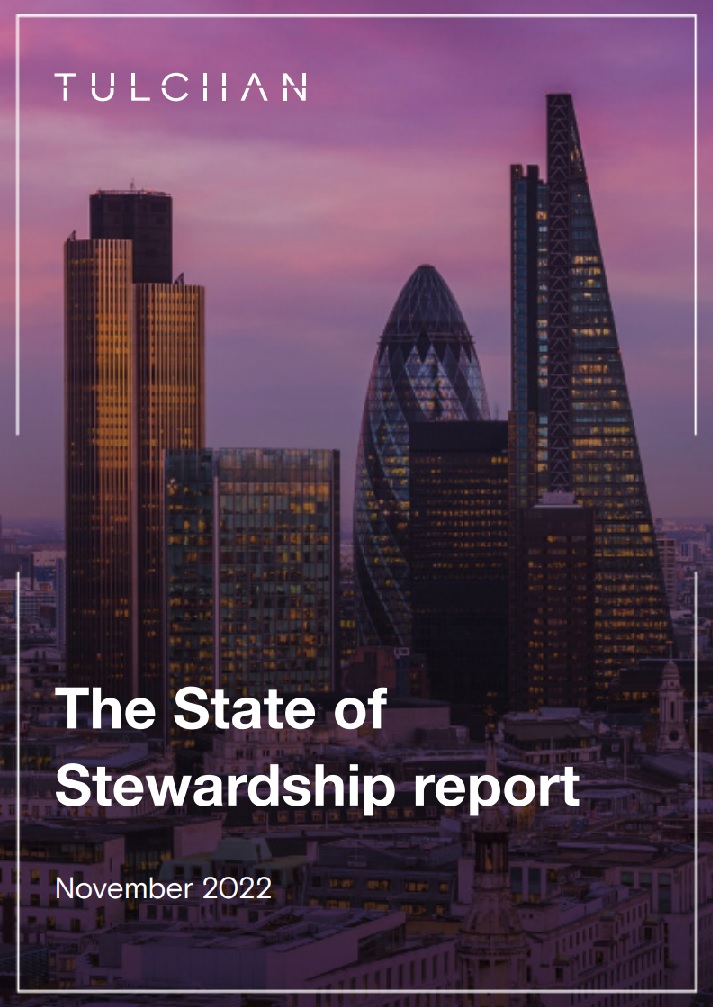
Ron DeSantis, governor of Florida and fancied candidate for the Republican presidential nomination in 2024 is proving to be an unexpected enemy of investors in US businesses and the “free market”. The FT reports that he announced legislative initiatives on 13th February to ban banks and other financial groups from “discriminating against” energy companies, gun sellers and other businesses, and asset managers from considering ESG in investment decisions.
This appears to be only one of 49 legislative initiatives so far this year across the United States. To the extent that these are the result of the efforts of lobbyists working for pariah businesses, this is fair enough and – in terms of the Escondido Framework model of the firm – represents an understandable response by the managements of such businesses to the pressures they face as they attempt to shape the interface of their businesses with the suppliers of capital.
Whether it is a rational response or is likely to succeed (by reducing the cost of capital or relaxing the pressures faced by management from active investors) is uncertain. The FT reports further that the Indiana Bankers Association, representing 116 banks, is trying to frustrate legislators in the state who are trying introduce a measure to require the state to divest and cancel contracts with financial groups that consider “social, political or ideological” factors. The Chief Policy Officer of the IBA has said “A lot of my members have ESG statements [that] could prohibit an organisation being a custodian of the state’s finance as a result of this legislation.”
But the growth of ESG is a rational response of businesses to institutional investors’ concerns about the outlook for businesses who traditional activities and business models face a long term threat because of they harm that they are perceived to present to people and to the planet. Each mass shooting in the US contributes to a ratcheting up of the anti-gun lobby and, absent short term crises resulting in a profit windfall (and these invite a taxation response) the outlook for companies extracting and supplying fossil fuels is undermined by the need to move to net zero. And when it comes to good governance, the example of value destruction by an unshackled Elon Musk, reinforces the case for the “G” in ESG.
It is reasonable for climate-change-denying and gun-toting Republican elected officials to include financial institutions that do not subscribe to the “E” and “S” elements in the ESG principles among the organisations with whom they do business, providing that such organisations can demonstrate over the long term that they serve the fiduciary responsibilities of the offices to which they have been elected (it is hard to see how they can ignore the “G”). But it is conflicts with their duties and with the commitment claimed by most Republicans to market capitalism to cave in to the pressure from the pariah businesses and legislate against doing business with ESG informed investment decisions that offer better long term returns and less risk of fraud, provider capture or adverse outcomes from wacky decision making.





